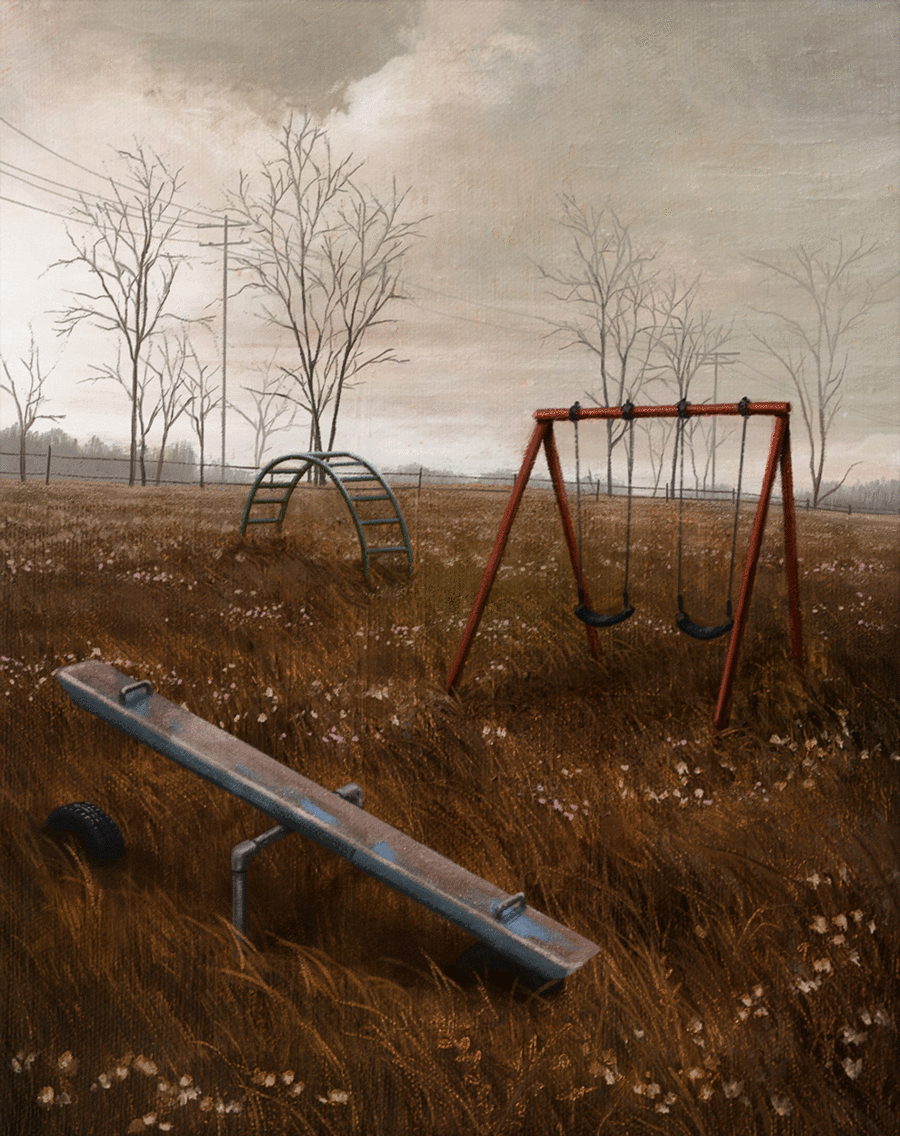
Illustration by Leland Foster
I Incriminate Myself So No One Else Can
The child is scared. Shrieking. She cannot get down. The child is four, in a whorl of terror.
The mother is livid. Screaming. She thinks the child is weak, girly, daunted by life.
Log line: The child has egged herself on up the scaffold of her mother’s judgment and is stuck at its apex.
They are at a playground, where so much of adult grief is previewed, or so the mother thinks, because some part of her is always elsewhere, exploiting her life for drama. She is certain she will tell this story later and derive pleasure from its…






































































































